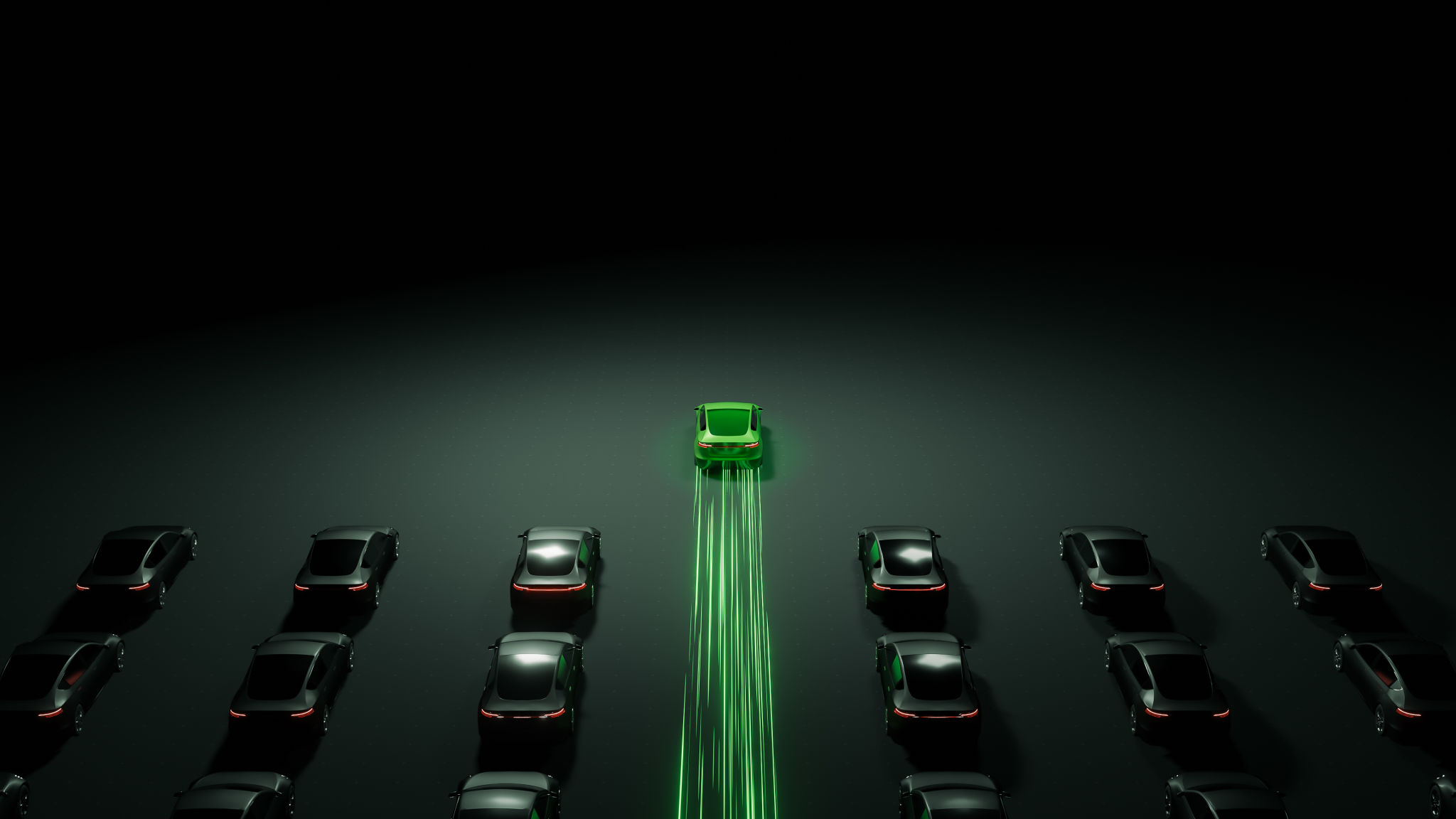Top Myths About Electric Vehicle Chargers Debunked
Introduction to Electric Vehicle Chargers
The rise of electric vehicles (EVs) has brought along a slew of misconceptions, particularly about EV chargers. As more people transition to electric cars, understanding how these chargers work is essential. Let's debunk some of the most common myths surrounding EV chargers.

Myth 1: All EV Chargers Are the Same
One prevalent myth is that all EV chargers are identical. In reality, there are three main types of chargers: Level 1, Level 2, and DC Fast Chargers. Each type has different charging speeds and is suited for various situations. Level 1 chargers are typically used at home and plug into a standard electrical outlet, providing a slower charge. Level 2 chargers require a dedicated 240-volt outlet and charge faster than Level 1. DC Fast Chargers are the quickest, often found along highways for quick recharging during longer trips.
Understanding the Differences
Choosing the right charger depends on your needs. For daily commutes and overnight charging, a Level 1 or Level 2 charger might suffice. For long-distance travel, DC Fast Chargers become essential. It's crucial to understand these differences to optimize your charging experience.

Myth 2: Charging an EV Is Time-Consuming
Another common misconception is that charging an EV takes an eternity. While it's true that charging can take longer than refueling a gasoline car, advancements in charging technology have significantly reduced these times. With a DC Fast Charger, an EV can achieve an 80% charge in about 30 minutes, which is perfect for a quick break on a road trip.
Planning for Efficiency
To maximize efficiency, many EV owners charge their vehicles overnight using a Level 2 charger. This ensures their car is ready to go every morning without any downtime during the day. Additionally, many public charging stations are conveniently located at shopping centers and restaurants, allowing drivers to multitask while their car charges.

Myth 3: EV Charging Is Expensive
The cost of charging an EV is often perceived as high, but this is generally not the case. In many regions, charging an electric vehicle costs less than fueling a gasoline-powered car. The price can vary depending on the electricity rates and the time of day, but overall, electric cars are more economical in terms of fuel costs.
Saving Money with Smart Charging
Many utility companies offer special rates for EV owners, providing cheaper electricity during off-peak hours. By scheduling your charging for these times, you can further reduce your costs. Additionally, some employers and public spaces offer free or discounted charging options.
Myth 4: EV Chargers Are Hard to Find
Some people worry about the availability of EV chargers, fearing they might get stranded without power. However, the infrastructure for EVs has grown tremendously in recent years. There are now thousands of public charging stations across the country, and many apps can help you locate them with ease.
Navigating with Ease
Modern navigation systems in electric vehicles often include built-in features to locate nearby charging stations. Moreover, apps like PlugShare and ChargePoint provide comprehensive maps of available chargers, making it easier than ever to plan longer trips without anxiety.